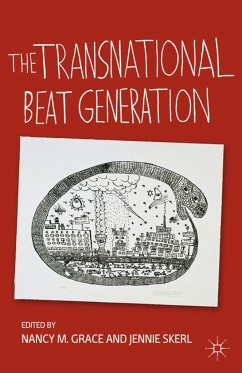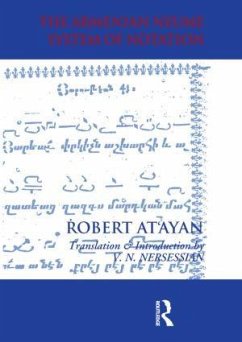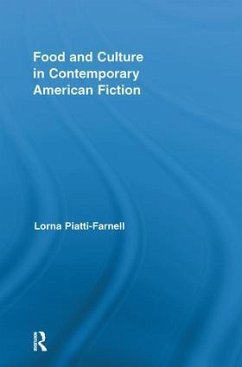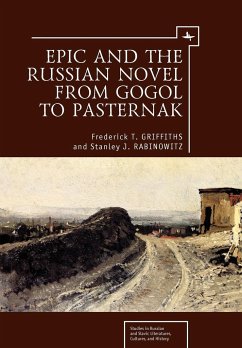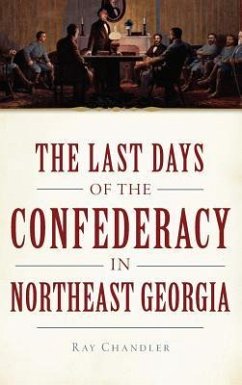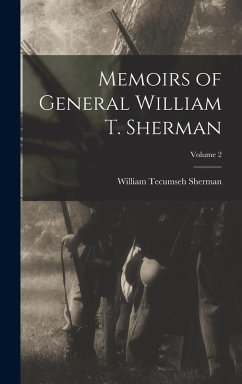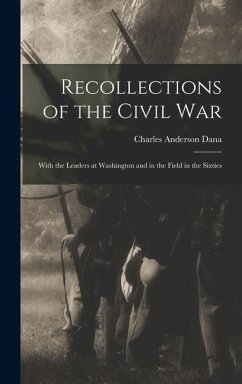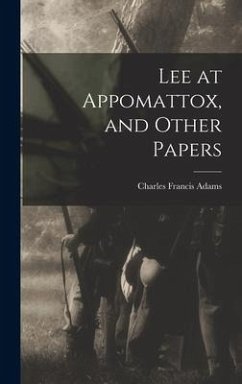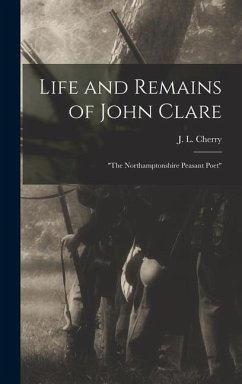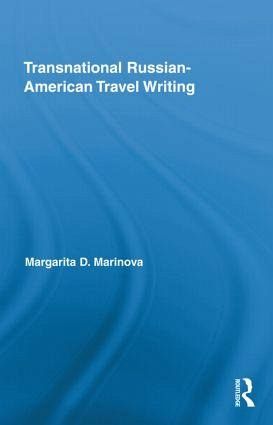
Transnational Russian-American Travel Writing
Versandkostenfrei!
Versandfertig in über 4 Wochen
195,99 €
inkl. MwSt.
Weitere Ausgaben:

PAYBACK Punkte
98 °P sammeln!
In this study, Marinova examines the diverse practices of crossing boundaries, tactics of translation, and experiences of double and multiple political and national attachments evident in texts about Russo-American encounters from the end of the American Civil War to the Russian Revolution of 1905. Marinova brings together published writings, archival materials, and personal correspondence of well or less known travelers of diverse ethnic backgrounds and artistic predilections: from the quintessential American Mark Twain to the Russian-Jewish ethnographer and revolutionary Vladimir Bogoraz; fr...
In this study, Marinova examines the diverse practices of crossing boundaries, tactics of translation, and experiences of double and multiple political and national attachments evident in texts about Russo-American encounters from the end of the American Civil War to the Russian Revolution of 1905. Marinova brings together published writings, archival materials, and personal correspondence of well or less known travelers of diverse ethnic backgrounds and artistic predilections: from the quintessential American Mark Twain to the Russian-Jewish ethnographer and revolutionary Vladimir Bogoraz; from masters of realist prose such as the Ukrainian-born Vladimir Korolenko and the Jewish-Russian-American Abraham Cahan, to romantic wanderers like Edna Proctor, Isabel Hapgood or Grigorii Machtet. By highlighting the reification of problematic stereotypes of ethnic and racial difference in these texts, Marinova illuminates the astonishing success of the Cold War period's rhetoric of mutual hatred and exclusion, and its continuing legacy today.




